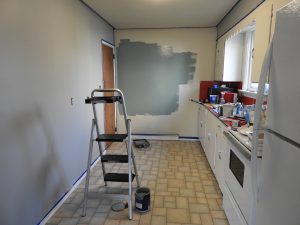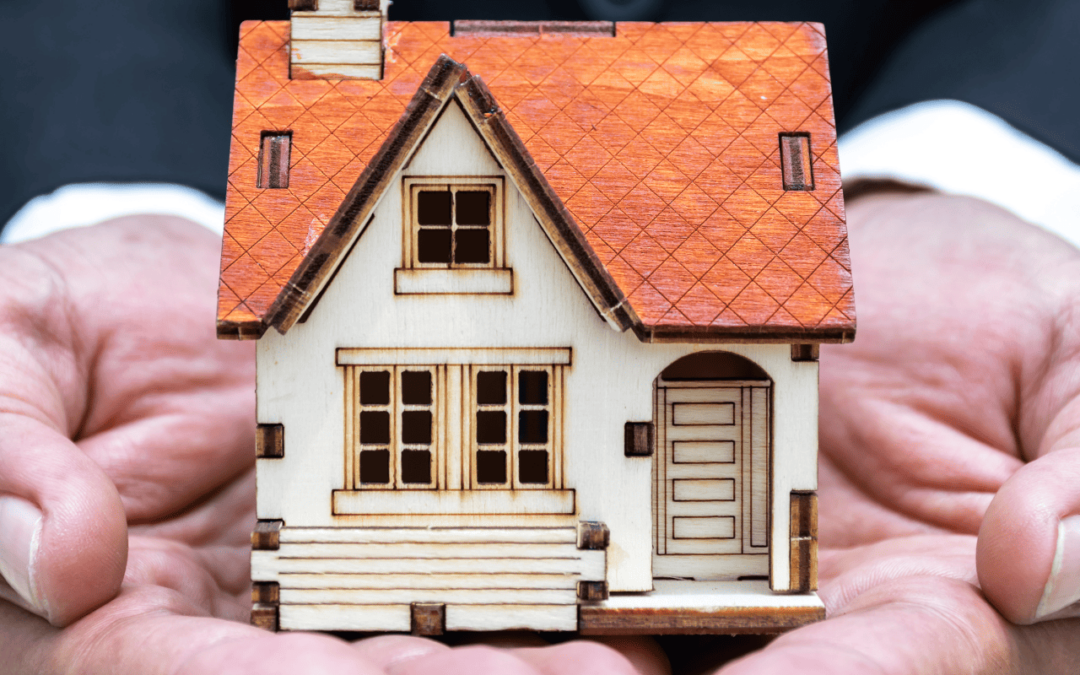
Home sellers often hear that if they ever hope to find a buyer, they must whip their house into perfect shape—fix this, paint that, overhaul your horribly outdated kitchen. But just looking at the list of renovations is exhausting!
This leads many to wonder: Do I really need to do all that just to sell my home?If that’s how you feel, here’s some good news: There actually are some good reasons—meaning reasons other than sheer laziness or lack of budget—to not bother renovating before you sell. Really.
Surprised or secretly relieved? Here’s why you should give yourself permission to skip certain upgrades before putting your house on the market.
1. You can’t read your buyers’ minds
Talia McKinney, a licensed real estate salesperson for Nest Seekers International in Brooklyn, NY, once had a seller who updated her kitchen floors and countertops and splurged on high-end, stainless-steel appliances in the hopes of getting more money for her sale.
Unfortunately, “the buyer who got into contract wanted a different color floor, different countertops, and black matte appliances. They basically wanted to rip out and change everything my seller just renovated,” says McKinney.
The moral of this story: Don’t assume you know what can drive a potential sale.
“When a buyer comes into a home, they have a vision of what they want. Just because something is new and renovated doesn’t mean they’ll pay a premium on that,” McKinney says. “Leave the property as is or do minor touch-ups rather than put a lot of money into upgrades.”
2. Renovate on the cheap, and it’ll show
It’ll make a difference all right—but not for the reason you may think.
“Every time I walk with a buyer through a home that has laminate floors, Home Depot light fixtures and vanities, or cheap cabinets, there is a visceral disappointment factor—an ‘Add that to the list of things I need to budget for once we close,’” admits Courtney Poulos, broker-owner of ACME Real Estate in Los Angeles.
“Rarely does the cost of any home renovation increase the value of the property enough to offset the renovation costs, time, and energy,” says Terrie O’Connor, broker and president of Terrie O’Connor Agency, which handles luxury real estate listings in Saddle River, NJ, and other towns.
3. Small upgrades won’t change the house itself
“I have seen instances in which a flipper buys a cute, little house that needs work, and thinks that just by some painting, tiling, and a new builder-grade kitchen, they can sell the house for two-thirds more than they paid,” says Lori Hoffman-Chlapowski, a licensed real estate broker for William Raveis Real Estate in Chappaqua, NY.
They seldom do, she says. “The house is still small, and buyers are keenly aware when a renovation is cheaply done.”
And so, the property sits on the market. Until, she adds, “the seller can finally find a buyer willing to pay just a bit more than the renovation itself cost.”
4. Taking the DIY route might make things worse
Jose Hernandez, a real estate consultant in Chicago, once had sellers forgo professional contractors and redo bathrooms themselves to save money.
“But while the tile and vanity were new, it was all improperly installed,” he remembers.
Cheap repairs don’t add value, Hernandez cautions. Rather, “sometimes they negatively affect the value because the buyer sees it as another project that has to be redone.”
5. You might end up going overboard
First, you fix the floor. Then you realize the kitchen cabinets need to be replaced. And the countertops. And the sink. And, hell, you might as well do the appliances, too. Once you start fiddling with stuff in your kitchen (or bathroom, or any other room of your house), you may realize you keep finding more and more stuff that needs to be (cheaply and quickly) redone.
“I’ve seen plenty of clients overspend or design too specifically and then net less money than they would have if they had just sold the home in its prerenovation condition,” says Mark Cianciulli, a Realtor and a co-founder of the CREM Group, in Los Angeles.
And while a full renovation can return you a lot of money when you sell, there’s no guarantee. And by the way, did you really mean to do a full renovation?
What you should do instead
Want to get your house ready to sell without going overboard? Here’s how to tread that fine line.
Take care of major problems: First things first, “fix any maintenance issues that might prevent a future buyer from getting financing,” says Amine Aghzafi, managing partner and real estate agent with the Sheehan Agency, in Jupiter, FL.
If your roof, water heater, or plumbing are ancient, consider replacing those items before they cause issues at inspection time.
Not sure of your home’s problem areas? “Consider having a presale inspection before putting the house on the market,” says Aghzafi. “This will bring to light any major points that need addressing and help prioritize costs if your budget is limited.”
Go for truly easy DIY upgrades: Swap out old light fixtures, switch out new handles on your kitchen cabinets, and paint the trim in your home to instantly improve the contrast with the current paint. These are all “inexpensive upgrades that add significant value to your home and will cost a fraction of a full or partial remodel,” Cianciulli says.
Stage your home: Home stagers systematically pack up your personal items, clear out your clutter, and rearrange (or remove) furniture to optimize your home’s flow. Then they bring in their own gorgeous furniture and accessories.
“The proper furnishings showcase the home’s best features, while drawing attention away from any negatives,” says O’Connor. “It creates a mood for the buyer.”
A staged home will also shine in the online listing, which is crucial.
“Buyers today are getting that big first impression of a property long before they physically see it,” says O’Connor.
Choose a price buyers can live with: “Price your home in a way that allows buyers to accommodate making personal choices,” says Poulos. “Some buyers really want to put their own stamp on their new home.”
Don’t think of this strategy as “giving up.” After all, the faster your home sells, the more money you’ll save in the end.
See original at: https://www.realtor.com/advice/sell/reasons-to-skip-remodeling-before-you-sell/





